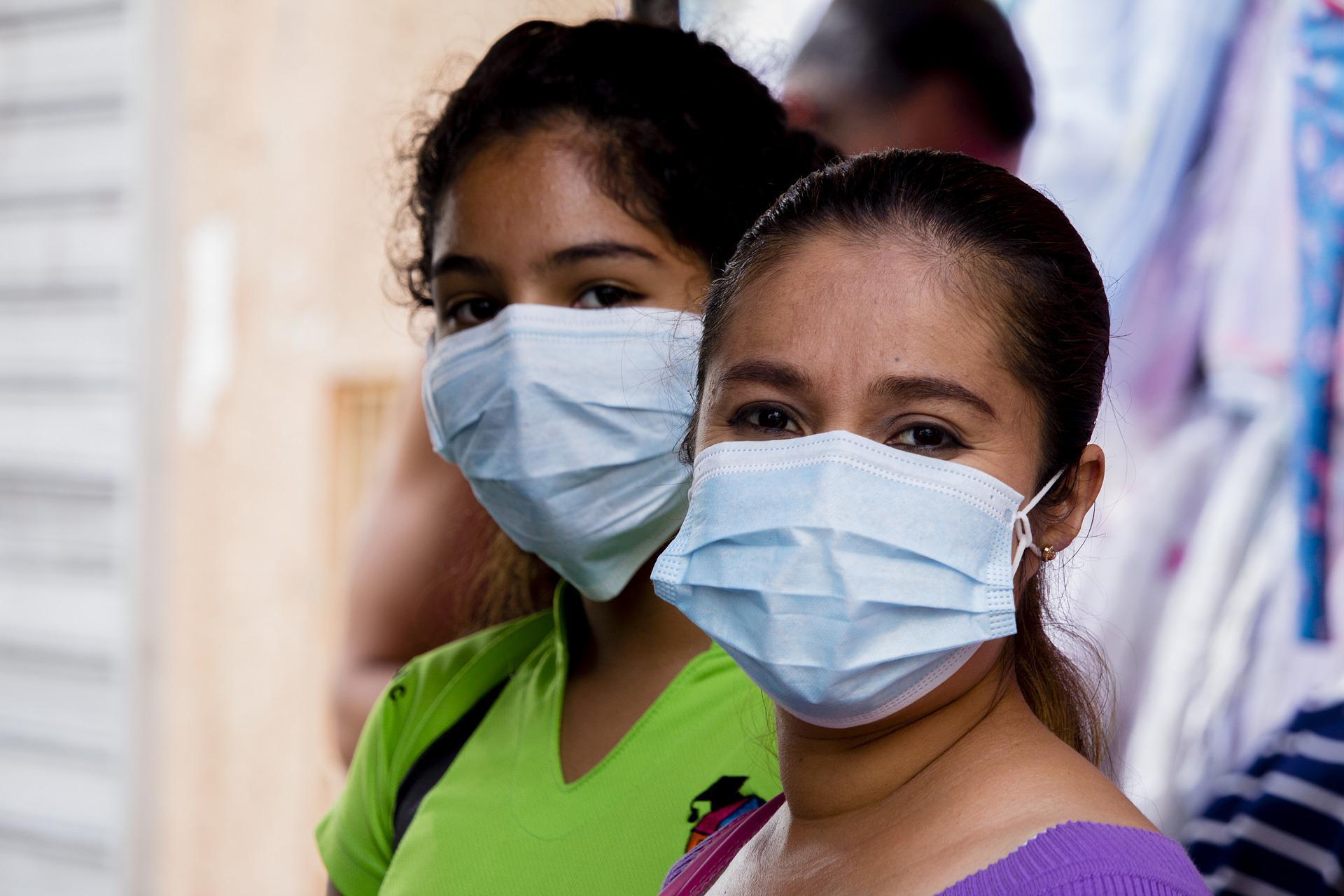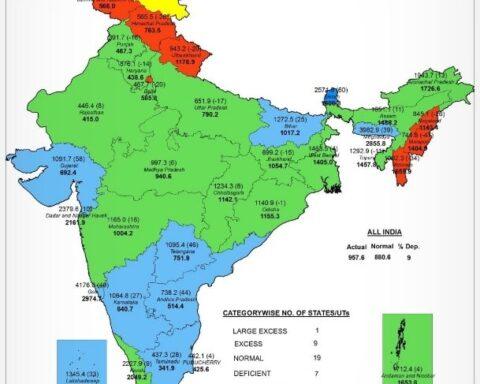The National Association of Professional Social Workers in India (NAPSWI) has conducted a nationwide study to capture the kind of work the social workers contributed during the second wave (March to May 2021) of the pandemic, when heavy loss of lives was seen.
As the pandemic hit communities across the country, many volunteers came forward to help to people in distress, risking their own life. Hundreds of volunteers with an academic background in social work too offered a helping hand, found the study.
College students, research scholars and students, who after completing their studies are working in various organisations, enlisted themselves for the good work. From providing information, building awareness on Covid-19 appropriate behaviour, giving food and medicines to mobilise oxygen supplies and managing help desks, the volunteers took part in many activities.
“Since they are trained in various aspects of social work, they could network and collaborate with governmental and non-governmental agencies, and with individual initiatives at the local level,” said Professor B. Devi Prasad, a social work educator and a co-author of the study, in an interview.
The study, Professional Social Work Response to Covid-19 Affected Families in India, captured how the social work professionals channelised local philanthropy and own resources to meet the needs of distressed families.
“The professionals faced a number of challenges such as restrictions on mobility due to lockdowns and curfews, lack of financial support, information and non-availability of relief materials in the market,” the study said.
Around 20 per cent of the sample respondents reported the death of a family member or relative or a colleague due to Covid-19 infection.
The study took a sample of 340 respondents, comprising three categories, namely university departments and schools of social work, civil society organisations and individual social workers.





























